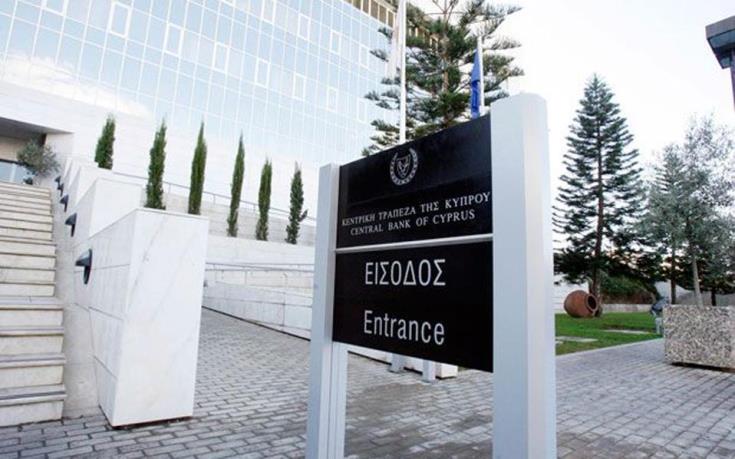Yields of Cypriot bonds issued domestically rose significantly in the last months, reflecting the policy rate hikes of the European Central Bank (ECB) in its effort to curb soaring inflation.
Cypriot 13-week Treasury Bills for October 2022 weighted average yield rose to 1.62% from 1.08% the previous month and just 0.42% in the August auction.
According to data, the yields of T-bills have been negative since November 2020 and returned to positive territory in April.
“This rise reflects the ECB monetary policy, which began hiking its policy rates due to the soaring inflation with rate hikes expected to peak around March 2023 ranging between 2.5% and 3%,” Panayiotis Mavromichalis, a certified financial analyst and executive director at Emergo Wealth told CNA.
He estimates that yields of T-bills will rise to 3%.
T-bills are short-term domestic bonds and constitute a Cyprus funding tool usually renewed on a rolling basis by domestic investors and banks.
“The fact that these bonds are short-term and being issued domestically allows the state to borrow with relatively lower costs compared with long-term bonds issued in international markets,” Mavromichalis added, noting the upward trend reflects the wider upward trajectory in interest rates.
Cyprus’ ten-year bond yield in the secondary markets rose above 4%, with the spread compared with the German ten-year bond, considered the benchmark, amounting to 196 basis points.
Recalling that international markets “punished” Britain when the Truss government announced largely unfunded tax cuts in the so-called “mini-budget”, Mavromichalis argued the need for fiscal discipline.
“The markets may punish us if we disrupt the policy of fiscal discipline.”
He acknowledged the Finance Ministry and the Public Debt Management Office’s (PDMO) policy to utilise the previously low-interest rate environment for replacing short-maturity bonds with longer maturities, securing lower yields for a longer period.
Based on the PDMO’s data, Cyprus’ debt-weighted average maturity amounts to 7.5 years.
“This is important because sudden sharp rate hikes were not expected,” Mavromichalis said.
The same concerns are reflected in the Finance Ministry’s fiscal risks bulletin accompanying the 2023 state budget.
“A further coverage of a part of funding needs through a conservative fiscal policy and limiting assuming new loans is necessary to achieve a reduction of public debt.
“Given the rise in interest rates, the only way to contain the public debt servicing costs is to achieve the target to reduce public debt itself,” the Finance Ministry said.
Despite the majority of Cyprus’ debt bares fixed interest, mitigating the interest rate risks, “the rising cost of taking on new loans is expected to drive the average debt-servicing cost substantially upwards gradually.”
“This could only be mitigated with increased coverage of funding needs by fiscal surpluses which prerequisites the implementation of a conservative fiscal policy,” the Finance Ministry said.
Banks benefit
Mavromichalis said that despite the rise in yields, interest rates for deposits in the Cyprus banking system are expected to remain low due to the high liquidity characterising the banking system, while lending rates are on a growing trajectory due to rising Euribor, estimated to reach 2.5%.
“Therefore, the banks’ net interest income (NII) and net interest margin (NIM) is rising.”
He also recalled the Cypriot culture not to invest their cash, but instead opting for bank deposits while opening an account abroad is difficult given the current state of affairs.
“Hence a rise in deposit rates is very difficult, and this works well in favour of the banks for the coming quarters, just as long as (the borrowers’) debt-servicing capacity is not adversely affected.”









